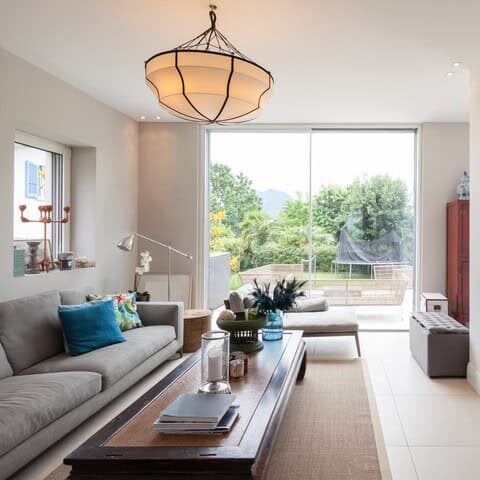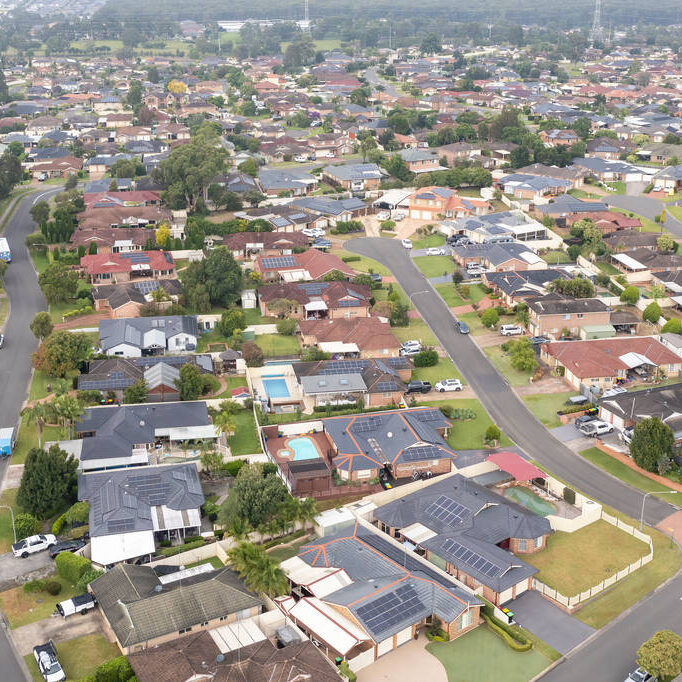You may be chasing more affordable prices, dreaming of a lifestyle change, or spotting investment potential in a different market altogether. No matter the reason, buying property in another state can be pretty tempting. But let’s be clear: buying interstate isn’t quite the same as finding a place down the road. You may have to […]
A Comprehensive Guide to Buying Your Second Property
Over two million Australians own a second property. Some do it to invest in real estate and increase their wealth, while others simply want to improve their lifestyle with a holiday home. Whether you share the same sentiment or not, purchasing a second home is a huge decision not to be taken lightly. Continue reading for insights and tips to help you effectively approach buying your second property in Australia.
Why Buy a Second Property?
There are several compelling reasons to consider buying a second property:
- Upgrading Your Living Situation: Your current home may no longer meet your needs due to a growing family, change in lifestyle, or desire for a different location. A second property can provide the space and amenities you’re looking for.
- Investment Opportunities: It’s no secret that real estate can be a lucrative investment. A second property can generate rental income and potentially appreciate in value over time.
- Holiday Home or Future Retirement Residence: A second property in a desirable location can serve as a vacation home now and potentially a retirement residence in the future.
- Helping Family Members: You might consider purchasing a second property to help children or other family members enter the property market.
Each of these reasons comes with different considerations. For instance, buying a vacation house and renting it out a few weeks a year has particular tax implications. Plus, rental returns in holiday homes vary widely, depending on season and location. Be clear about your motivations from the start, as those will guide your next steps.
Assessing Your Financial Position
Apart from being clear about your motivations for buying a second home, you must evaluate your financial situation. Are you ready to make this move now? Do you have enough borrowing power to fund your second property? What about equity?
Start assessing your financial position by exploring these four factors:
- Equity in Your Current Home: Your existing property can be valuable. Calculate your usable equity by subtracting your outstanding mortgage from your home’s current value. This equity can potentially be used to buy another property in Australia, particularly as a deposit for your second property.
- Savings and Income: Evaluate your savings and regular income to determine how much you can comfortably afford for a home loan deposit and repayments. Consider creating a detailed budget to study your spending patterns and identify areas where you can save more.
- Existing Debts: Take stock of any other debts you have, such as personal loans, car loans, or credit card balances. These debts will impact your borrowing capacity and should be factored into your financial assessment.
- Credit Score: Check your credit score, as this will influence your ability to secure favourable home loan terms. If your score needs improvement, take steps to boost it before applying for a new loan.
Financing Options for Your Second Property
After learning whether you can afford the deposit and repayments for your second property loan, the next thing to do is explore your financing options. Fortunately, there are several ways to finance your second property purchase:
- Home Equity Loan: With this financing option, you can borrow against the equity in your current home. It’s a popular option as it often comes with competitive interest rates and can be a quick way to access funds.
- Cash-Out Refinance: It’s all about refinancing your current home loan for a mortgage with a higher amount than your loan balance and taking the difference in cash. This can be a good option if you can secure a lower interest rate than your current mortgage. Check out our Cash-Out Refinancing Guide to learn more.
- Traditional Mortgage: You can apply for a new home loan specifically for the second property. This keeps your loans separate, but it means you have to deal with two repayments and two different loan terms and rates.
- Bridging Loan: Consider a bridging loan if you plan to sell your first home once you’ve settled down on your second property. This is a short-term loan to ‘bridge’ the gap between buying your new property and selling your existing one. It can be beneficial if you find your new home before selling your current one, but be aware that bridging loans may come with higher interest rates.
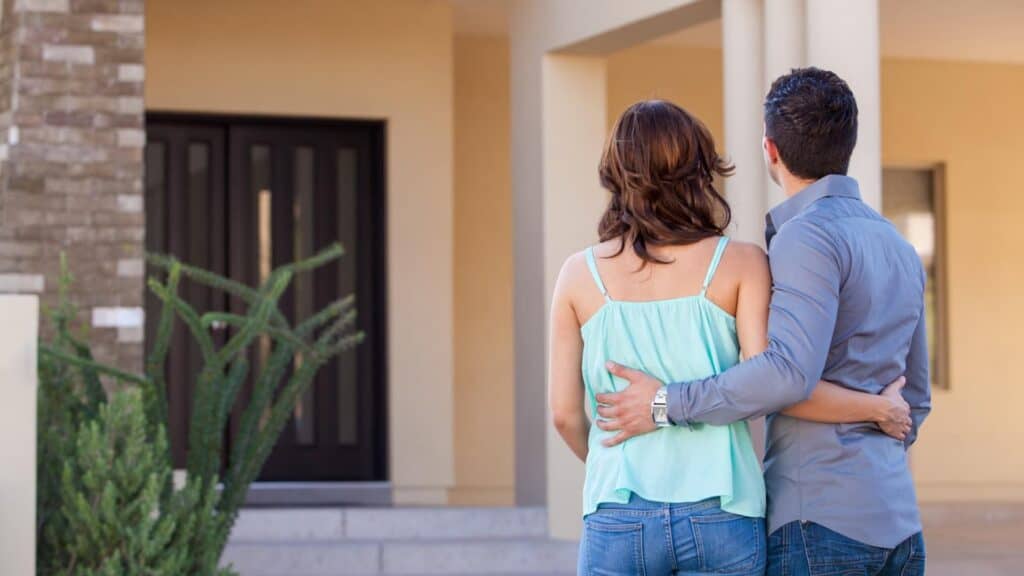
Key Considerations When Buying Your Second Property
Other than funding options, here are more factors you should consider before deciding whether buying a second property is suitable for you:
- Purpose of the Property: Your intended use will significantly influence your decisions. An investment property might prioritise rental yield and capital growth potential, while a holiday home might focus more on lifestyle factors.
- Location: Research potential areas thoroughly. If you’re buying a second home and turning it into a rental property, evaluate different areas’ rental demand, vacancy rates, and historical price growth. For a holiday home, consider accessibility and local amenities.
- Property Type: Many investors believe that single-family homes are the best type of property to buy due to the increasing value of the land component over time, even as the building depreciates. However, the true drivers of value appreciation are location and scarcity. Simply having more land in a cheaper area doesn’t guarantee better rental returns.
- Tax Implications: Study the tax consequences of your purchase. Investment properties can offer tax deductions, but you’ll need to consider capital gains tax when you sell. Talk to a tax professional to fully understand your obligations.
- Potential for Adding Value: As you search for a second home, consider the potential for adding value. Evaluate the property to determine if there’s an opportunity to add a bedroom or construct a granny flat or minor dwelling on the same land, which could ultimately enhance your potential profits.
- Property Management: If purchasing an investment property, decide whether to manage it yourself or hire a property manager. Self-management can save money but requires time and expertise.
- Insurance: Consider landlord insurance for investment properties or holiday home insurance for seasonal residences. These specialised policies can protect you against risks specific to these property types.
- Future Market Trends: Research predictions for property value growth in your chosen area. Look at planned infrastructure developments, demographic changes, and economic forecasts. Some developments, such as new shops or public transportation facilities, can have a positive impact. But, others, such as a landfill or a large entertainment venue, may diminish the property value in a neighbourhood.
- Additional Costs: Factor in all the costs of buying and owning a second property. These include stamp duty, legal fees, building & pest inspections, ongoing maintenance, council rates, and possibly body corporate fees if you’re purchasing your second property in a strata building.
- Common Pitfalls to Avoid: As you consider different factors, you should also be aware of common pitfalls to avoid. These include overextending yourself financially or being emotional in decision-making, especially when buying holiday homes. Not having a clear exit strategy, particularly for investment properties, is a common mistake, too.
Steps to Buying Your Second Property
- Define your goals. Clearly outline why you’re buying a second property and what you hope to achieve.
- Get your finances in order. Assess your financial position and speak with a mortgage broker to learn more about your borrowing power & financing options.
- Research the market. Spend time understanding property trends in your target areas and other factors & considerations discussed above.
- Get loan pre-approval. A home loan pre-approval will give you a clear budget and show sellers you’re a serious buyer.
- Begin your property search. Use online resources, real estate agents, and personal networks to find potential properties.
- Perform due diligence. Once you find a property, get building & pest inspections and review all relevant documentation.
- Make an offer. When you’re ready, make an offer or bid at auction.
- Finalise financing. Work with your mortgage broker and lender to finalise your loan.
- Go through settlement. Complete the purchase process, including all necessary legal and financial transactions.
Final Thoughts
Buying a second home is a major decision. Some individuals assume that purchasing a second property will be easy since they have already bought a home. But, like with any other investment, thorough research and preparation are critical. If you need more guidance in making this decision, don’t hesitate to reach out to us.
We have teams of mortgage brokers in Hobart, Launceston, Devonport and other parts of Tasmania. They’re all ready to address all your concerns and guide you through buying your second home. You can count on them to help you explore all your financing options, from a traditional second home loan to home equity loans.
Enquire Now
Find Your Perfect Finance Solution
Let's discuss your finance needs. We’re here to help.
More posts from Deltos Finance
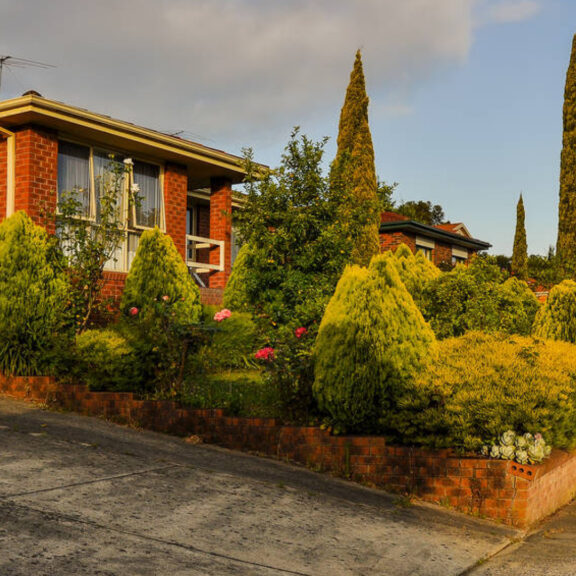
Suburbs with the Highest Rental Yield in Tasmania
The term “rental yield” is music to any property investor’s ears. It’s the key metric that indicates the annual return on your investment, essentially the percentage of the property’s value that comes back to you in rental income. In a market like Tasmania, which has been gaining traction for its overall investment appeal, pinpointing the […]
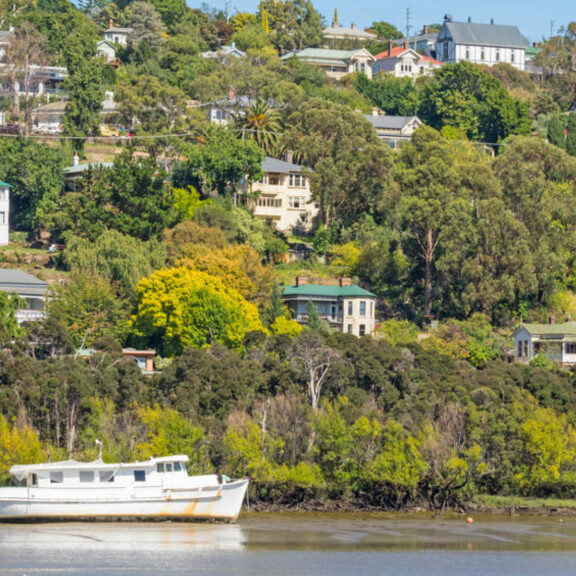
Launceston: A ‘Second Wind’ Property Market You Should Invest in Now
When talk turns to Tasmania’s property scene, it’s easy for the spotlight to shine brightly on Hobart, with its bustling waterfront and historic charm. But just a little further north, nestled at the head of the picturesque Tamar Valley, lies Launceston—a city that quietly hits its stride and presents a compelling proposition for savvy property […]
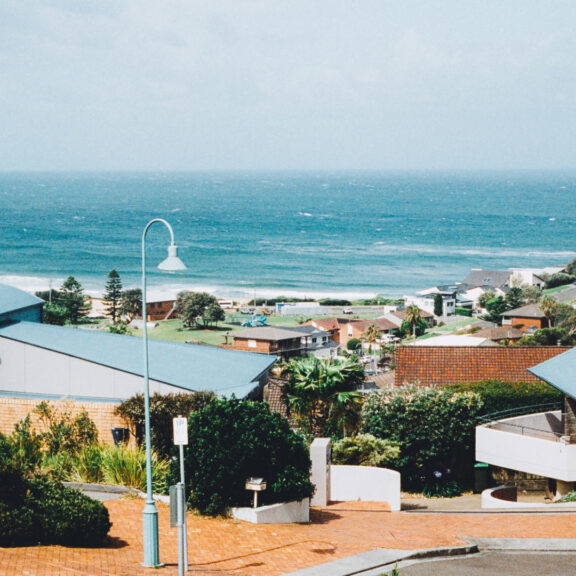
How Often Does Property Double in Value?
Every homeowner has likely dreamed of their property doubling in value in the future, turning into a valuable nest egg or funding their next big adventure. But how long does it actually take for a property to double in value? And how often does it happen? While there’s no magic eight-ball to predict the property […]

Stamp Duty Exemption for First-Home Buyers in Tasmania: Has It Paid Off?
Purchasing a property has historically come with major financial difficulties, especially for first-home buyers in Tasmania or any other state for that matter. The stamp duty is one of those most notable monetary challenges for homebuyers. Essentially, it’s a tax levied on property purchases that often adds tens of thousands of dollars to upfront costs. […]
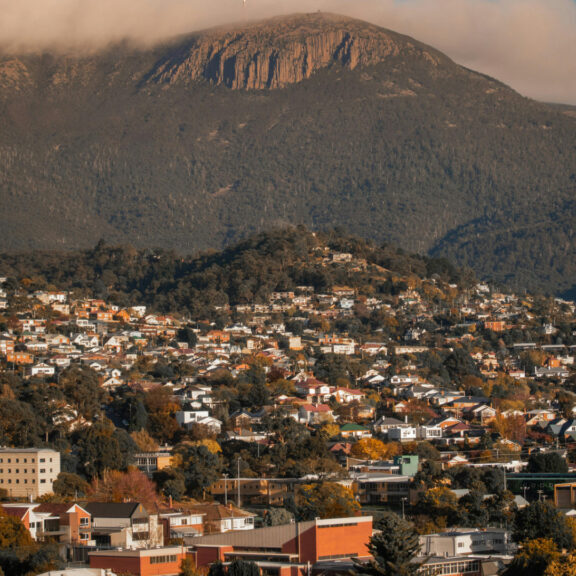
Difference Between Airbnb and Traditional Renting in Hobart
Hobart’s property market has become a hotspot for investors largely because of its strong tourism demand and stable rental market. But that doesn’t mean all property investments in this Tasmania capital are a sure win. One factor to consider is deciding between short-term rentals like Airbnb and traditional long-term renting. Each option has distinct advantages […]
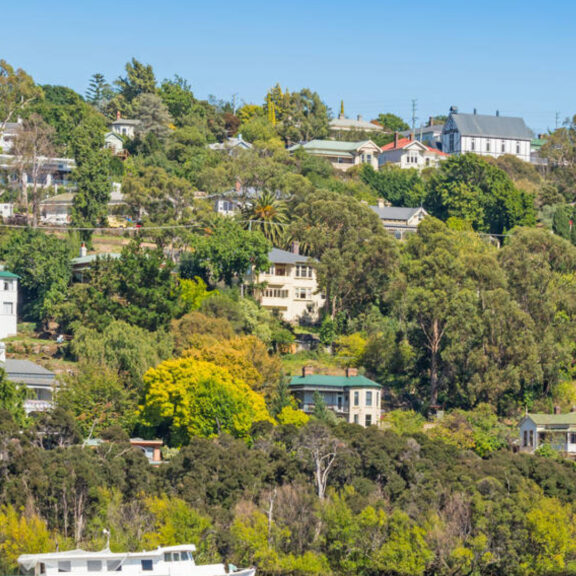
Is Launceston a Good Place to Live?
The short answer is yes, especially if you want a more affordable lifestyle without giving up access to key services, natural beauty, and long-term opportunities. Also, with its blend of heritage charm, steady economic growth, and a property market still within reach for many Australians, Launceston, Tasmania, is gaining momentum as a popular area for […]

Hobart Property Management Fees: A Complete Guide
You’ve already secured an investment loan and finalised your rental property purchase in Hobart. Now, it’s time to take action by listing the property for rent and managing it effectively to start generating rental income. But how much should you expect to spend on property management in Hobart, Tasmania? As Tasmania’s capital continues to attract […]
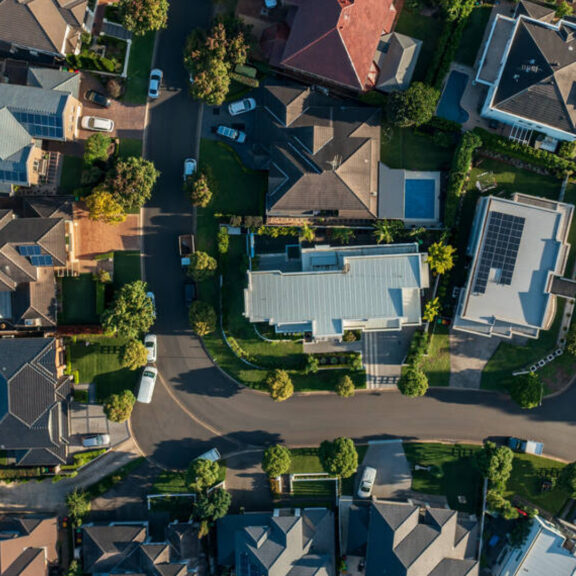
How Rising Property Prices Affect Your Home Loan and Buying Potential
Here’s the good news: the Australian real estate market has been experiencing significant growth in recent years, with house prices in major cities reaching record highs. It can be a huge win for homeowners and investors, especially those planning to sell their properties soon. However, this can be an issue for potential property buyers, including […]

Build Your Wealth with a Simple Guide to Using Your Home Equity
Building wealth requires adopting the right mindset and being strategic when using available financial instruments. Essentially, it’s about making your money work in your favour. But what if you don’t have enough cash to start creating wealth? There’s an underutilised strategy that we want to share with you, and that is leveraging your home’s equity—the […]

